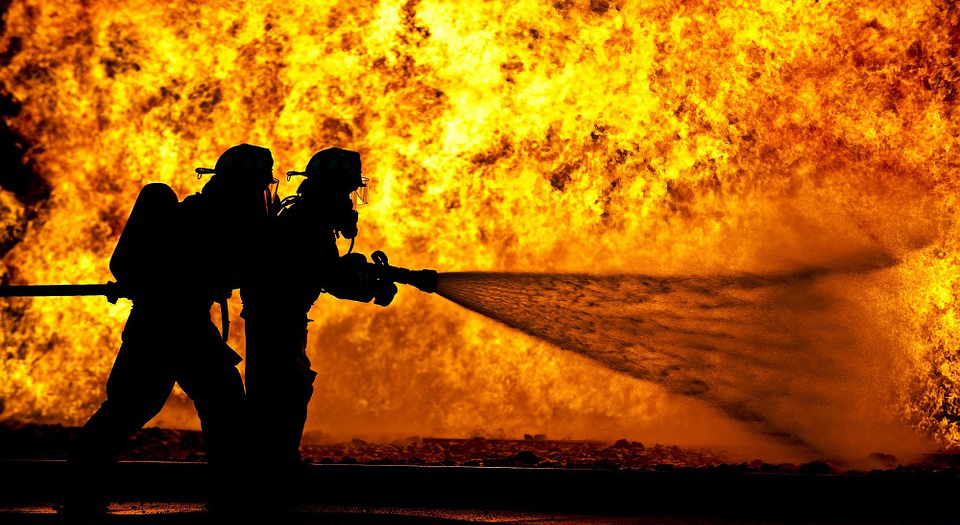
Recently, I have been doing a lot of work with risk and crisis communication. For the most part, it’s a topic people don’t want to think about. There is a very “meta” quality to it: We have so much stress in our current lives that we naturally try to avoid worrying about future stress before it even happens.
Unfortunately, that means crises (yep, that’s the plural of crisis) tend to overwhelm us. We may have a rough plan about what to do if there is a fire in the plant, but saving workers and minimizing damage are only the initial steps in dealing with a disaster. A crisis creates an information vacuum, and if you don’t fill it, somebody else will. Do you really want your customers to learn about your company status via your employees’ social media accounts? It’s hard to imagine a less reliable way of spreading a consistent message.
You need to plan for a crisis to properly deal with a crisis. Here are a few things that a good crisis management plan considers:
(1) Who is in charge of coordinating communication during and after a crisis? It is unrealistic to think that your management team can handle this along with their own duties.
(2) How will you let employees know what is going on? If smoke has damaged part of the plant, who is supposed to report for work and when?
(3) Your customers, suppliers and partners need to know what is going on. What’s the fastest, most reliable way to tell them all at the same time?
(4) It is challenging to answer questions from the news media. They need facts quickly, and they need to know where to go to learn more.
(5) A consistent message is crucial. Too many voices cause confusion, and worse yet, careless talk can have serious legal implications. Who is your spokesperson and what will he or she say?
Of course, those are just a few of the considerations. Once the crisis is over, you need to tell your workers about employee assistance programs, you need to prepare for insurance, legal and regulatory reviews, you need to maintain relations with any victims and you need to repair your company’s reputation by shaping a new narrative about recovery.
Crisis communication is complicated, risky and exhausting. It is impossible to consider everything that needs to be done in a crisis during a crisis. Organizations that plan ahead, inevitably come out healthier than those that do not.
Put in the work now. Form a team. Set goals. Put it in writing. Keep it current. In a best case scenario, you won’t need any of the work you’ve done. But it most certainly won’t be a waste of time.